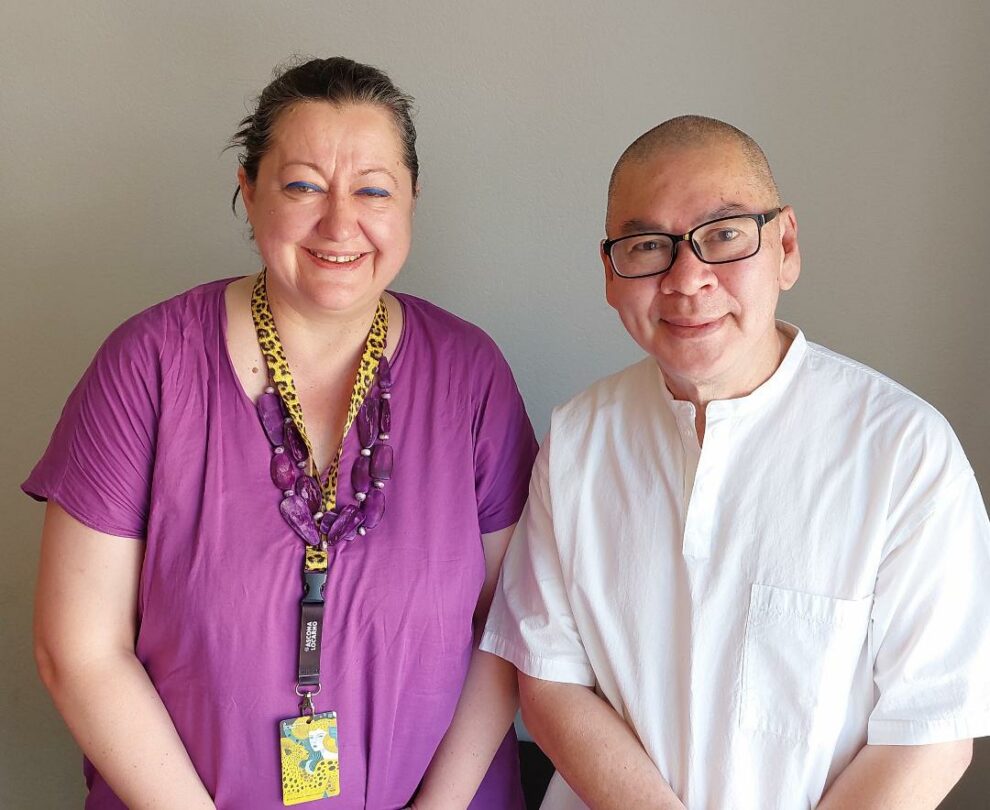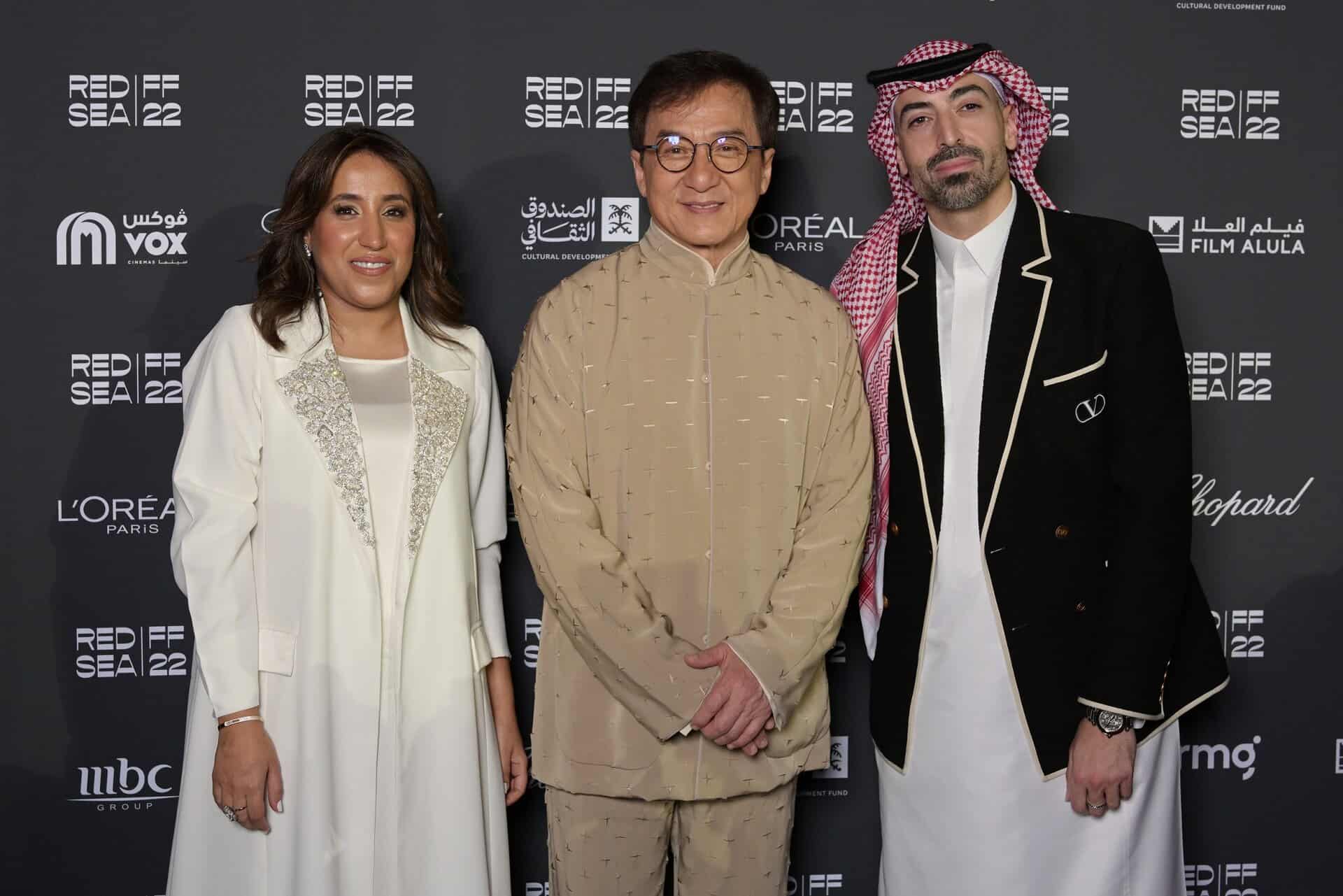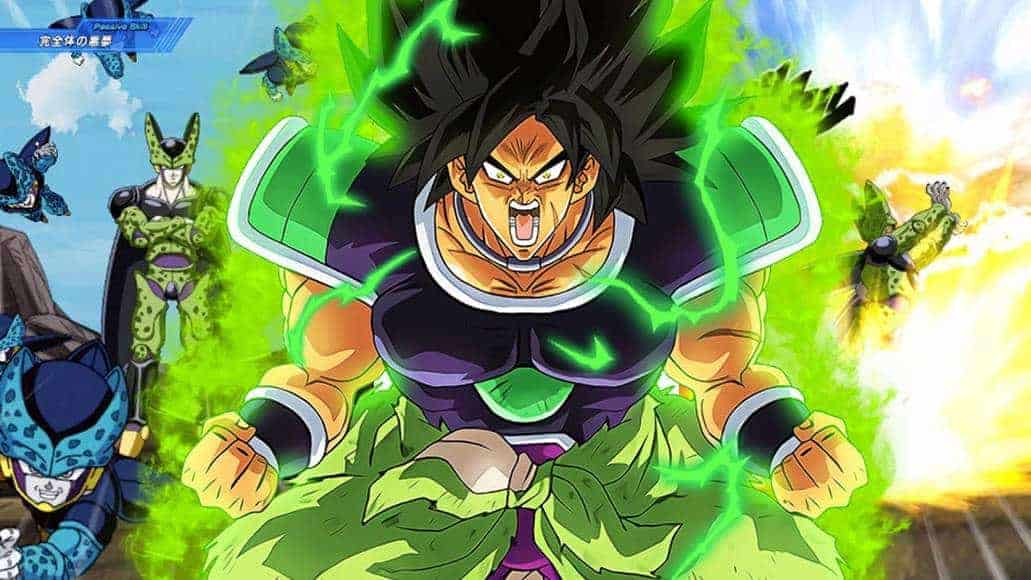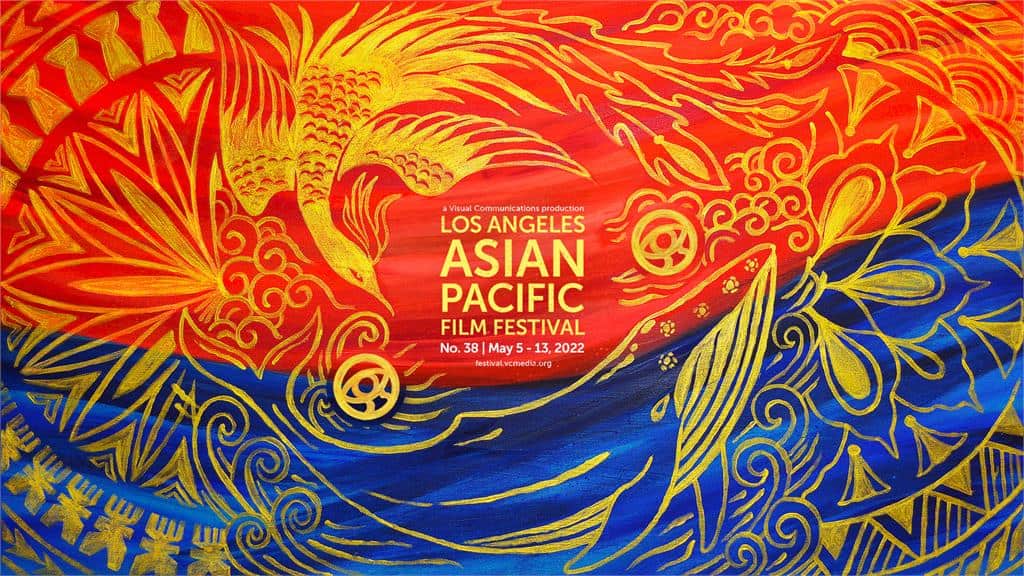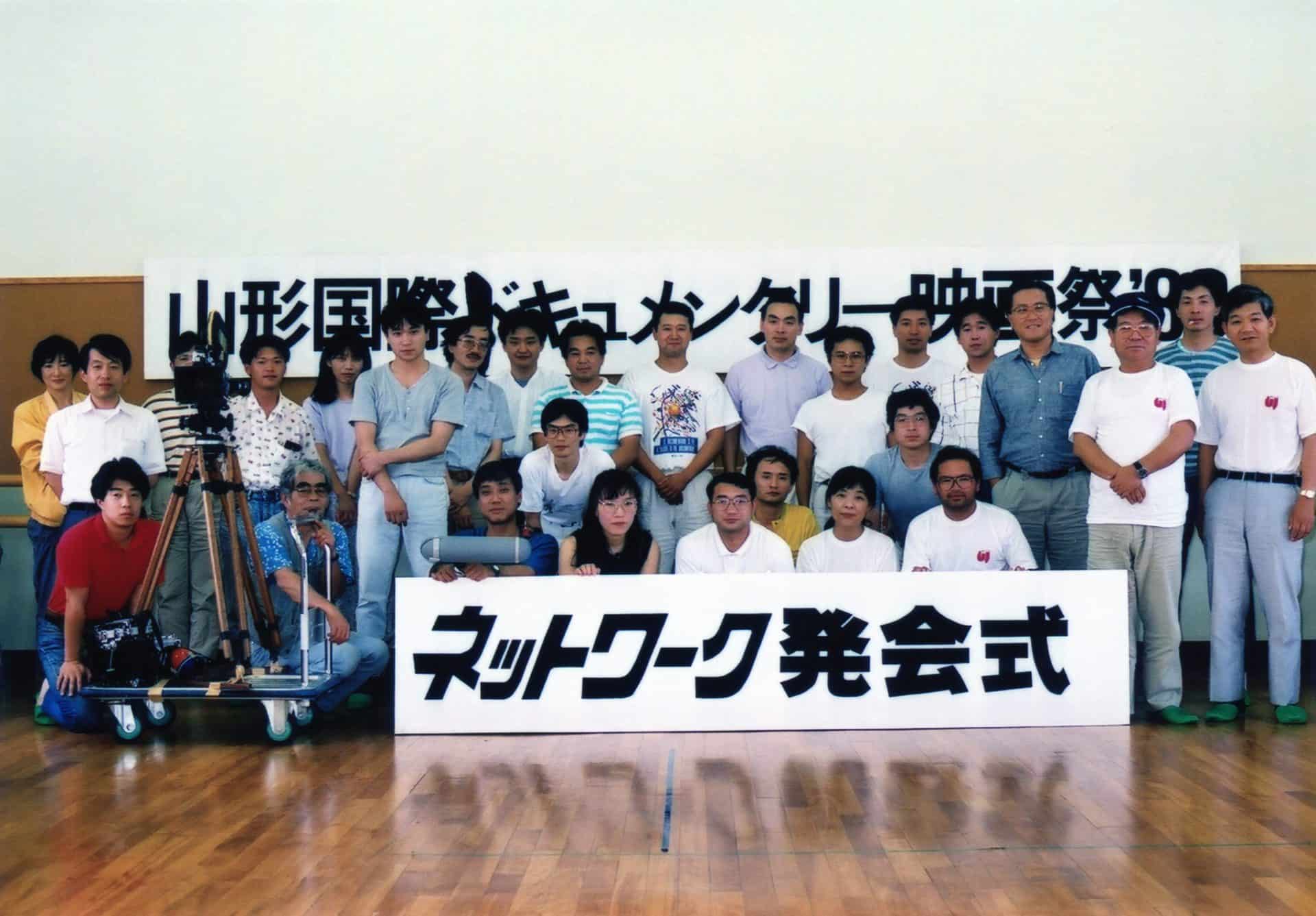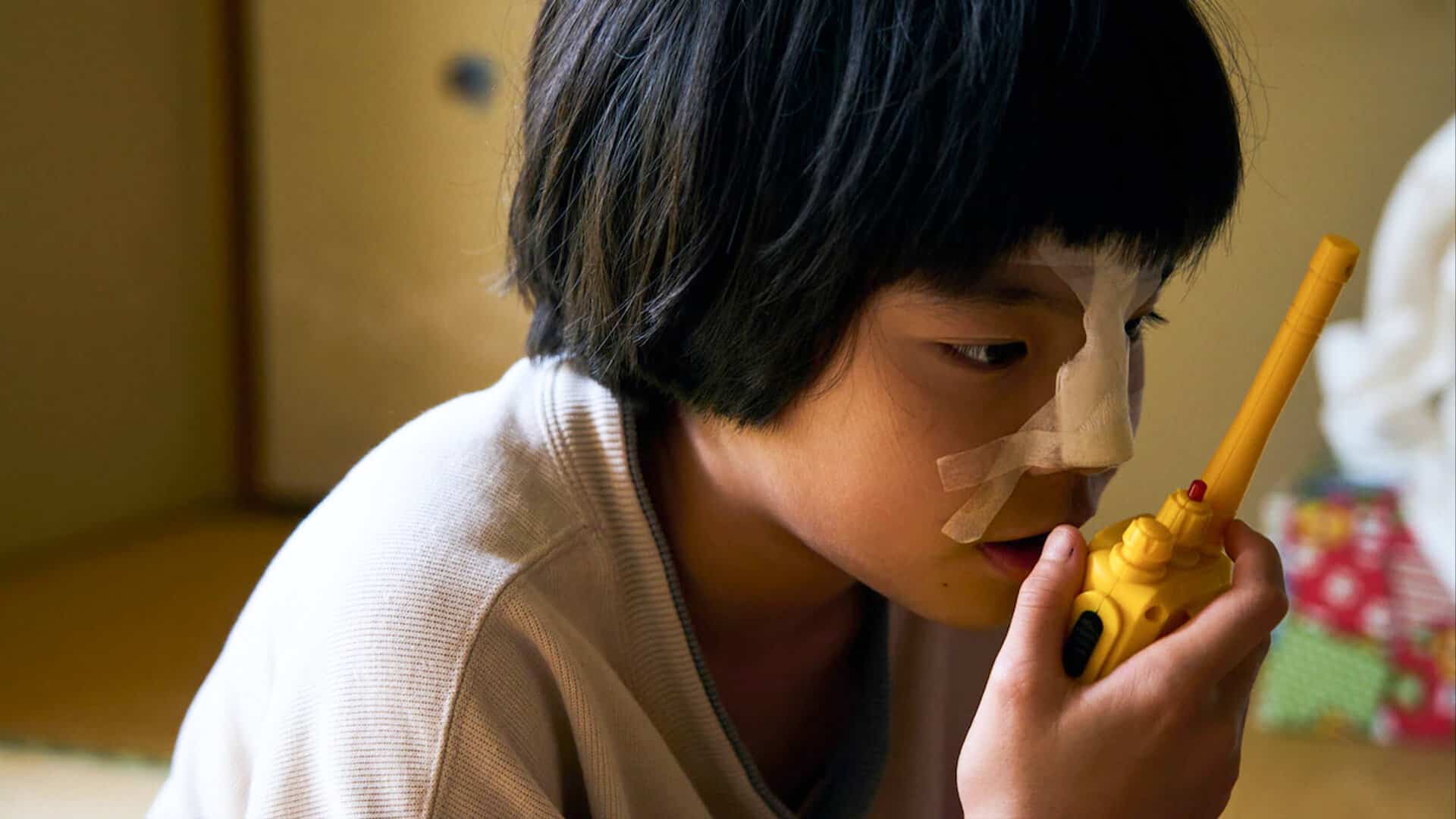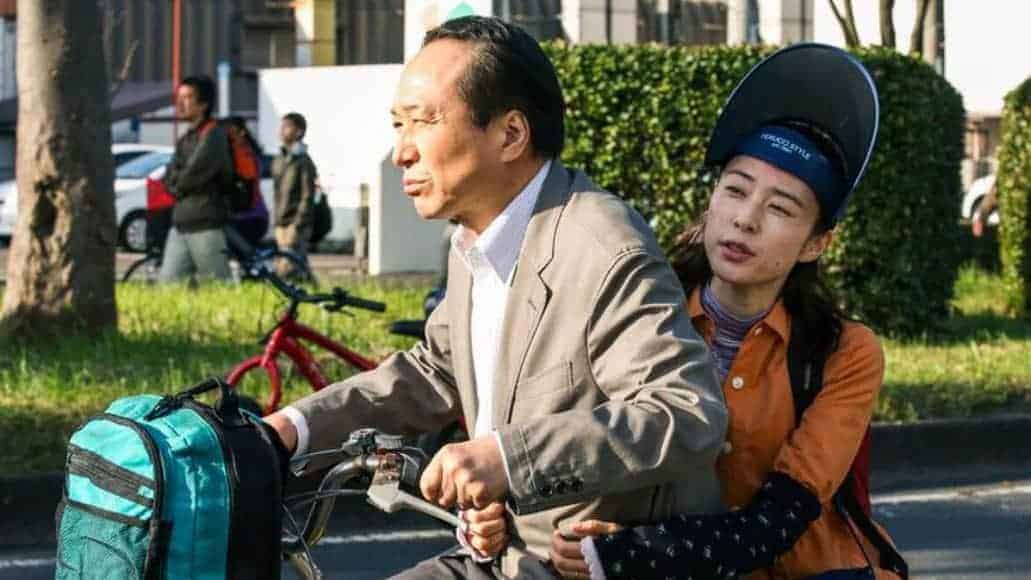The Malaysian-Taiwanese helmerTsai Ming-Liang is a name that does not need a big introduction. Although he signs 46 cinematographic projects as a director, he has so far shot only 11 feature length films that brought him the total of 66 awards and many more nominations. The most recent – Locarno Film Festival Career Award – made it possible for us to meet him for an interview and discuss his fruitful career, his approach to moviemaking, ageing and plans for future projects.
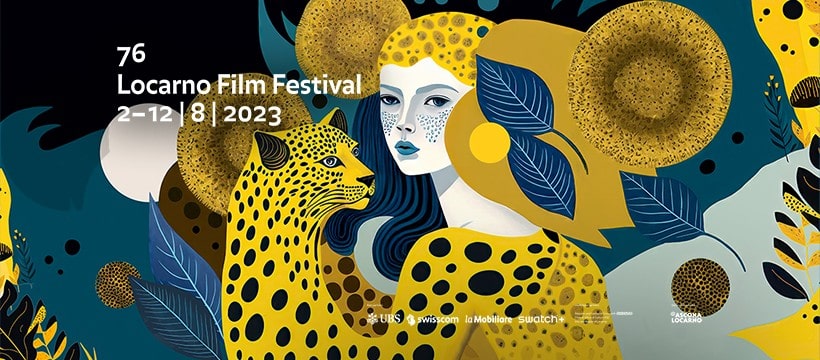
We have been impressed by the way you deal with the imagery since “Rebels Of The Neon God”, but even more striking is how you handle the sound. How do you structure your movies, and what do you search philosophically and poetically when you think about the role of sound in your movies?
Unlike music scores specifically created for movies, my films are actually filled with sounds from everyday life that replace scores the audience is so much used to. And sometimes I exaggerate them on purpose in order to underline the loneliness a person feels by reacting to certain sound close to their ear.
Speaking of loneliness, it is quite fascinating how you explore the human nature particularly regarding the longing, bonding and intimacy. I would also like to address your standard approach of chosing image over spoken word, and your preference of working with non-profesional actors.
I don't really believe in film dialogues because they never seem real to me. They are too dramatic. My films come from real life. As I show people's loneliness a lot, that implies people being and feeling lonely. Many of my protagonists just react to situations without needing words. That is why the sound you've just mentioned is so important for my films. I really, really care about the authenticity which is one of my most important pursuits. I want the audience to feel it. That is why I do not give any relevance to the setting of performance. Generally, trained actors are afraid of not being able to perform and non-actors don't know how to perform. So, you just tell them what they are supposed to do and it's very authentic. But, I have to tell you that I never give them too many instructions because they don't need them. I simply put them in a space and their spontaneous reactions always take care of the rest. Sometimes such reactions are totally beyond my expectations which is great.
Check also this article
Taiwan was the first Asian country to legalize same-sex marriage. Is it fair to say that your films helped to win hearts and improve gender equality? Also, do you think that this also comes with a kind of bias?
Yes, my films did contribute in a certain way to same-sex marriage. I really appreciate the changes in this part of Asia, and I cherish Taiwan's revolutionary role in that sense. It was a very long process. When I arrived in Taiwan thirty years ago, I met local activist Chi Chia-wei, and back then he was already openly showing his identity in public. He's been an activist ever since. So, let me ask you one thing: how many different humans had God created? Do you believe that he only settled for men and women? I don't think so. We have no idea how many different kinds of people he created. Gays do not decide to become gay, right? It is something the nature takes care of, just like the trees and grass are green. I am glad to be living in such a place. Regarding the second question, as long as something is people's choice you can enjoy observing young generations who are finally given the opportunity to express themselves, and that is so different in comparison to the older generations, and I am referring to Taiwan only.
We are overwhelmed by the countless film platforms such as Netflix, Diesney + etc which are less about cinema than about content. What are your thoughts on the subject?
Maybe I am very traditional but I think that films are suitable to be watched on a very big screen. I really pay attention to cinema and movie theatres. On the other hand, I am really supporting a diversified content. From my experiences in the past, the films we watched were not chosen by us, but by the Government's censorship boards, by distribution companies or even by the local customs, so we did not decide. Now we don't have this kind of problem where I live. But what we do have is the question of esthetics. Back in the 1960s/70s/80s, movies had a stronger sense of esthetics, but nowadays what we watch is informative and path-showing. Let's say that the movies are not very balanced. So, there is still a lot of room for content development. Museums are getting more and more important in this regard. I am very glad to see many museums having theaters within their premises. So, in that sense, one could say that there is an emergence of a new circuit in museum theatres, thus artists are given more freedom to create.
Now that you mentioned exhibitions spaces, the audience has the oportunity to see your exhibition here in Locarno that opened last night with quite an impressive selection of your works. Can you tell us something about its concept?
I made very few feature films, maybe because I am tired of this kind of filmmaking within the movie industry. I started collaborating more and more with museums. The work you refer to came to life in 2017, when I discovered a new way of making films through art which is not in line with traditional filmmaking. You can not work on the composition, you can not do close-ups. After an intense period of longing to do something which is a real cinema with close-ups and composition, I turned to “Your Face” which is what you saw yesterday. I also have some other projects similar to it, in cooperation with other museums in form of short films, and I selected them to be shown in this exhibition. I also brought my actor with me (he is pointing at Anong Houngheuangsy who is sitting at the other side of the table, trying to make himself as invisible as possible), with whom I previously made “Days” (he played the role of Non alongside Tsai's muse Kang-sheng Lee). Actually, I took the footage with him unused in the final cut of “Days” and included it in the exhibition. That said, images and footage can be saved by being used in different ways. You probably also saw large paintings in different colors which I did when we arrived here in Locarno and wanted to place in this space created by Leonardo da Vinci (Rivellino) to make it livelier.

Your admiration for Francois Truffaut is a well-known fact, and knowing the difference in your views on the importance of the script, how would you define his influence on your work?
I am a huge admirerer of Nouvelle Vague but also of other European film movements, especially New German Cinema and many Italian directors from the same period. I am inspired by them in terms of individualism. For instance, Truffaut made semi-autobiographical films but he was sweet and soft in the way he dealt with personal issues, which I never am (laughs).
When you plot your movie, where do you start?
It always starts from something that happens in my life. With every decade that I experience, there is something new coming to the table. I also live very close – physically and figuratively speaking to my actors. For instance, Kang-sheng Lee and I live in the same neighbourhood and I can observe his life. In recent years, I have started harboring this idea of shooting a movie about myself being in my sixties because I became aware of the changes that my body went through. I find those changes very interesting, but I want Kang to play that role. So, I have to wait for him to turn 60. What I am trying to say is that I realized how I am losing my physical strength. I am not the same as I was before. When I look back at my previous works, I get surprised by myself. I had the force and energy. In that sense, I can not make the same type of films anymore, but I am still observing myself.
Is it ok if we talk about sex?
Yes!
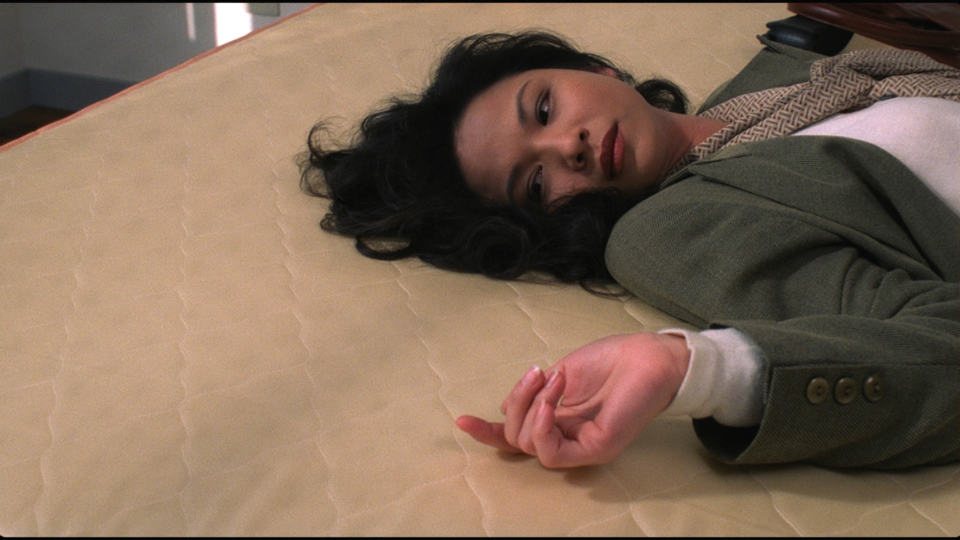
Sex in your films is beautiful but also very subversive – either through big age gaps, incest or prostitution. Is the non-traditional sex more interesting than the traditional one? Also – do you have any opinion about the real sex in movies, and about the so-called intimacy coordinators on sets?
I like sex a lot, but I am old now. The sex we see in movies is beautified. In real life, you devour another human. The real, more authentic aspects are neither beautiful, nor perfect. Sometimes, there is a lot of frustration involved, so sex in my movies is very real. On the other hand, when the audience is watching sex in my films, they do not only see it as a pure body act, they also see loneliness and people's inability to communicate with each other. When you analyze the sex scene in “Days” you can not deny that it brought consolation to a lonely person. Don't get me wrong, I can do all kinds of sex scenes but I won't beautify the act itself. When we do such shootings, we use covers so that actors can feel more at ease. We always make sure they know they are not asked to go all the way. So, sex scenes only serve them as another mean to express themselves. They are not expected to ‘do it'. I do not need to go that far. Actors have their own feelings and it would be wrong to make them have real sex. It's a part of work and artistic expression, so they are not expected to engage into something that extreme. I am of the opinion that everybody should be just themselves. As a director you have to create that environment, but in the movie industry it is also a matter of luck. Filmmaking is a choice. You can chose to do commercial films or those of a more personal kind. The most important thing is that you end up happy with your choice.
Talking about choices, what is the next project you are working on?
Well, I will continue where I stopped with “Days” if we are talking about feature films, but in a much simpler way. Low budget, small team, so that I can de-industrialize the story in a more artisan way. I am searching for an even more free way to make films.
Do you think that we've lost our culpability to understand the generational gap?
Times are changing very fast. In my case, what I like is very different from what young people like in terms of music, cinema and all types of the artistic expression. I was young myself, and I remember facing the senior directors and generally – older generations, so I don't think that we have a serious problem. You have to stay faithful to yourself.


